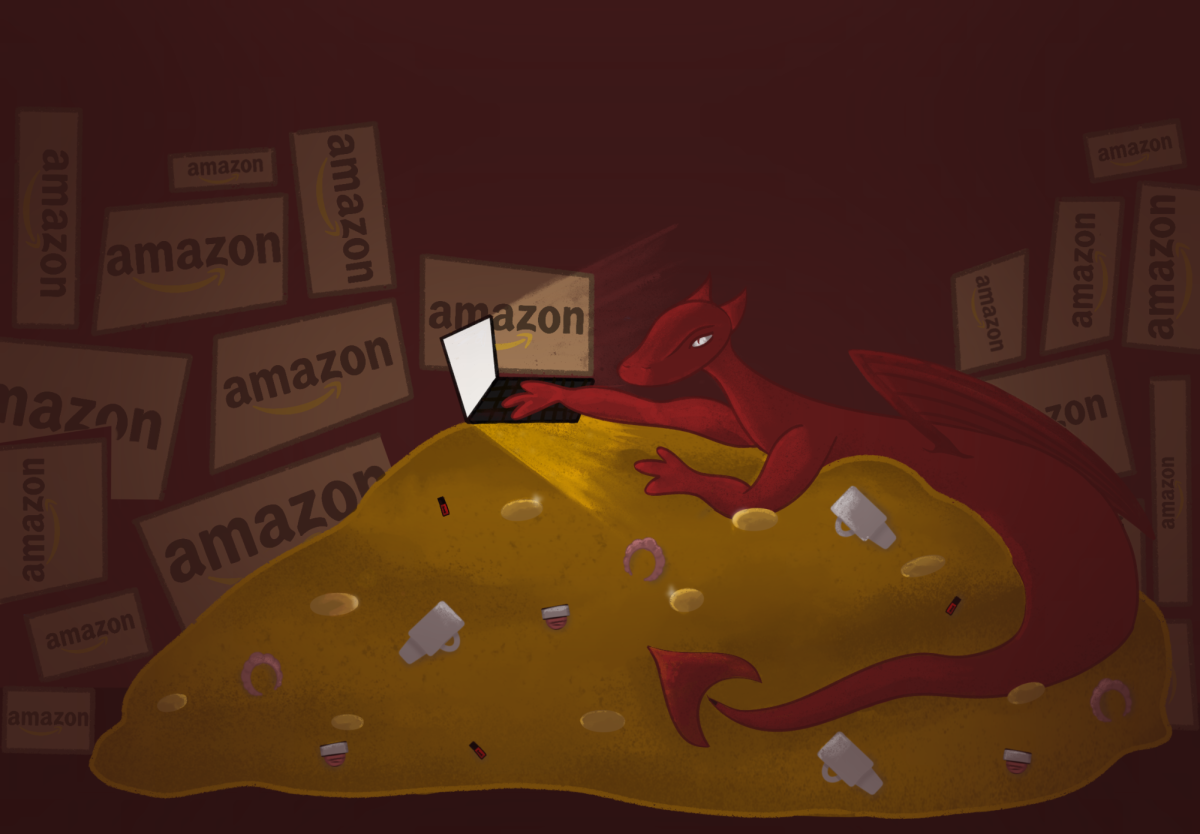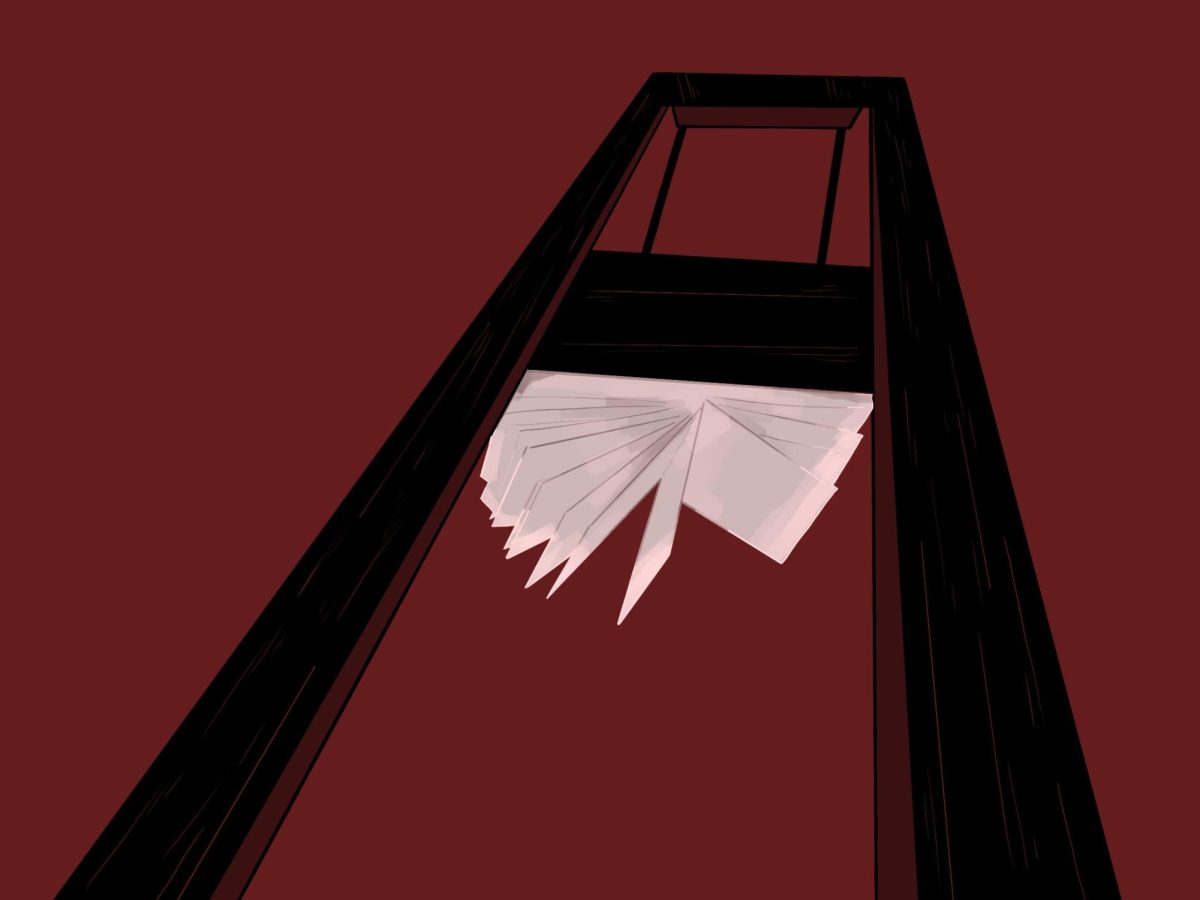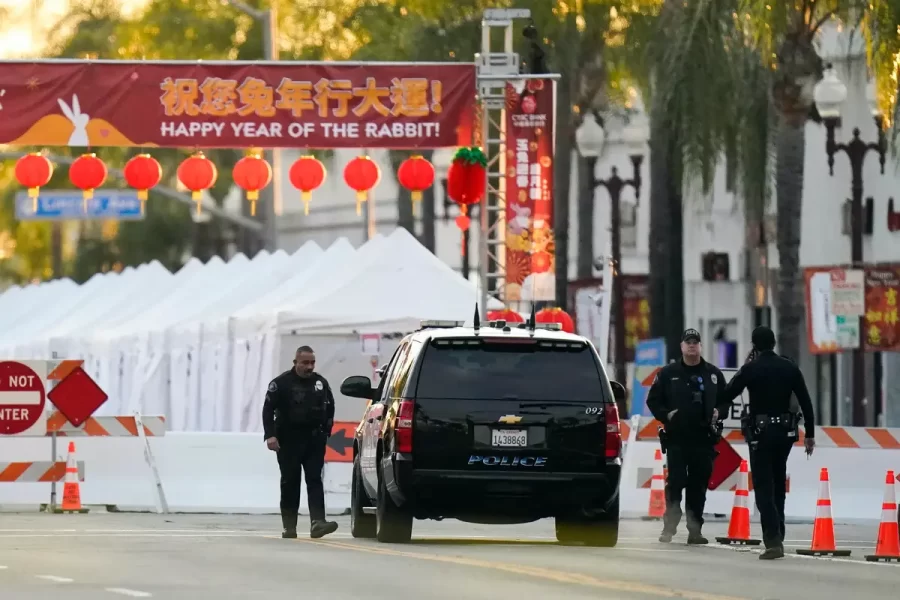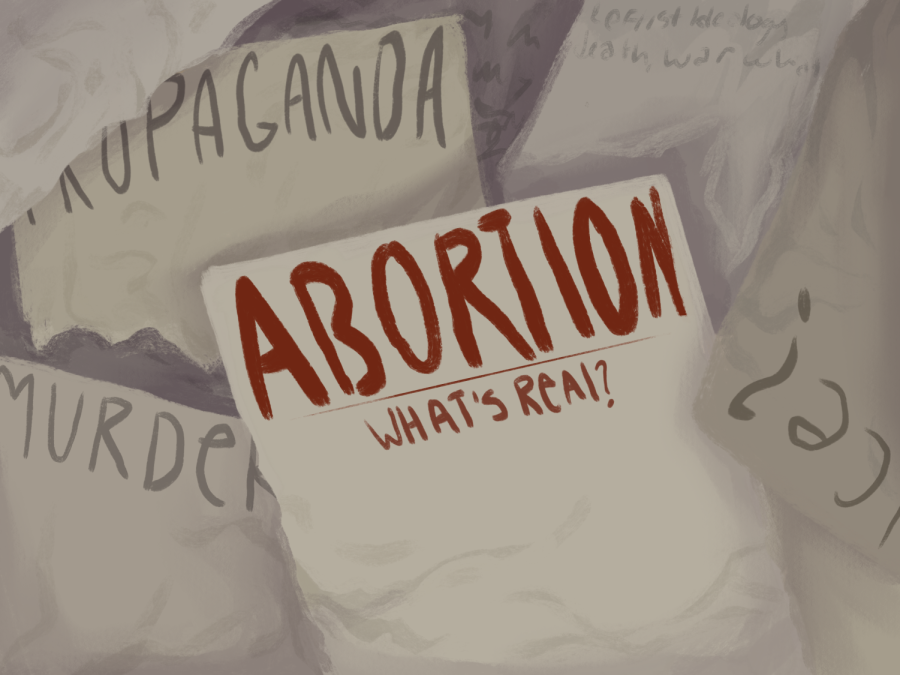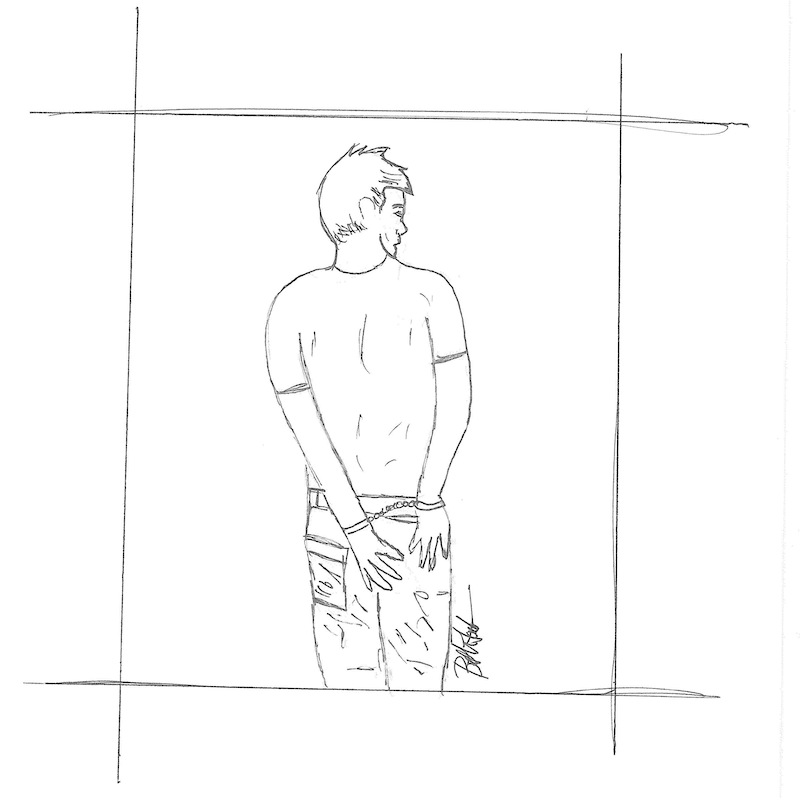
On February 12, 2008, Oxnard teenager Brandon McInerney shocked the nation when he pulled a .22-caliber revolver from his backpack during class and shot fellow classmate Larry King in the back of the head. The event was widely condemned as a hate crime, a product of McInerney’s alleged anti-gay views towards King.
King was controversially tried as an adult in a Los Angeles County court due to charges regarding the suspected bigotry associated with the incident. This development in the case ended up raising a much larger question, should a minor—in this case a 14-year-old—be tried as an adult for murder?
Perhaps more controversially, however, it begs the question, should an adolescent charged with murder ever be sentenced to life without parole for a murder committed as a child?
The United States is currently the only nation in the world that allows life sentences for minors without the opportunity of parole. This practice, which has been widely condemned both internationally and domestically, is the current subject of two current Supreme Court cases, Jackson v. Hobbs and Miller v. Alabama.
Both of the cases involve men who were convicted of murder as minors and are currently serving life sentences without the possibility of parole; equating to a lifetime behind bars for these individuals. And despite what the American Civil Liberties Union (ACLU) calls “a global consensus that children cannot be held to the same standards of responsibility as adults… the United States allows children to be treated and punished as adults.”
According The Campaign for the Fair Sentencing of Youth, there are 2,750 juvenile offenders currently serving life without parole (JLWOP) sentences in throughout the United States. Only seven states currently have a ban on JWLOP sentences: Alaska, Colorado, Kansas, Kentucky, Montana, New Mexico, and Oregon.
California has one the highest amounts of JWLOP inmates, with 250 minors currently serving life terms without the possibility of parole. The Supreme Court already ruled that the death penalty for minors is unconstitutional under the Eighth Amendment because it constitutes “cruel and unusual punishment” and outlawed life without parole sentences for minors convicted of non-murder offenses.
These two most recent cases could take the previous rulings by the Court one step further, banning the practice of life sentences without parole for minors for any crime committed by someone under 18.
While Brandon McInerney eventually accepted a plea deal with a sentence of 21 years behind bars, many others aren’t so lucky. In fact, California is particularly notable in its high conviction rate of minority juvenile offenders, with African American and Latino youth sentenced to LWOP at 18 and five times the rate of white youth, respectively.
Opponents of these sentences argue that they fail to account for the strong scientific evidence suggesting that the brains of adolescents are still maturing past the age of 18, lessening their culpability for the crime in the process. They also point out that because LWOP sentences offer no opportunity for release, minors are often left without any access to rehabilitation programs and leaving them with little motivation for self-improvement.
The Court’s decision on the cases sometime in the coming months could mark a major turning point in the sentencing of youth for crimes, or conversely, it could simply uphold this practice and allow it be sorted on a state-by-state basis.

